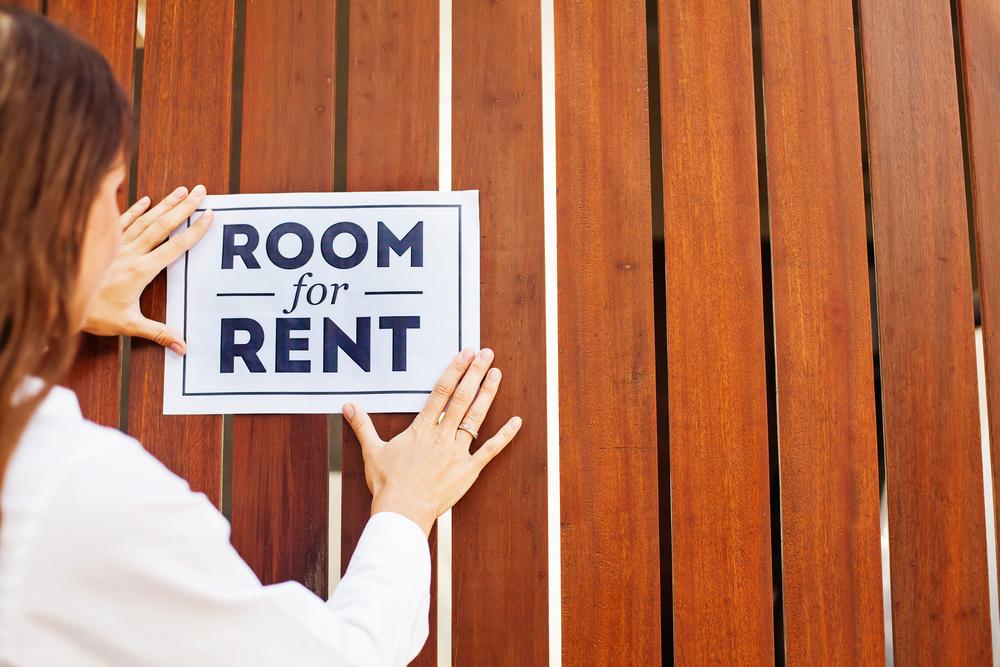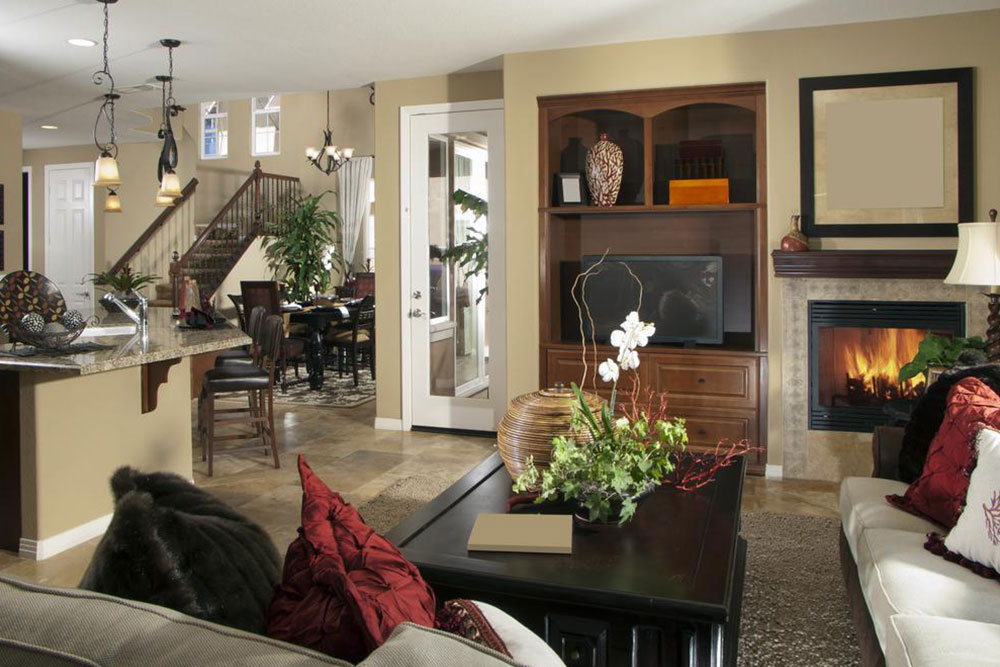Essential Tips for Renting a Room Effectively
This article offers comprehensive guidance on renting a room, covering essential considerations, questions to ask, searching tips, and understanding shared living spaces. It aims to help tenants make informed decisions, find suitable accommodations, and avoid common pitfalls in the rental process.

Key Considerations When Choosing a Room to Rent
Important aspects to consider when renting a room
Deciding between leasing and purchasing property can be challenging. Renting is often more flexible, especially if your stay in a city or area is uncertain. Buying property in a location where you won't be staying long-term isn't cost-effective. Renting offers an excellent way to enjoy luxurious accommodations without committing large sums of money, making it ideal for those seeking comfort without ownership responsibilities.
Renting a room can significantly reduce expenses related to maintenance and repairs, as these are typically covered by the landlord.
Why choose renting over buying?
No maintenance or repair costs — Landlords handle upkeep and repairs, saving tenants from extra expenses.
Access to amenities — Renters often enjoy shared facilities like pools, gyms, or common areas.
No property taxes — Tenants are exempt from paying hefty estate taxes that owners face.
Lower initial costs — Renters typically don't need a hefty down payment, unlike property buyers.
Important questions to ask before renting a room
What are the lease terms?
What is the move-in fee?
Are pets allowed?
What are the rules for guests?
Is tenant insurance required?
How is rent paid?
How are emergencies and repairs managed?
How secure is the property?
Are rent increases planned? If so, how often and by how much?
What parking options are available?
Are there upcoming building upgrades?
Pre-rental considerations
Initial expenses — Security deposit, fees, and society charges.
Ongoing costs — Utilities, internet, gas, and electricity.
Assess your needs — Confirm availability of essential facilities.
Identify unnecessary features — Avoid paying for extras you don't need.
Set priorities — Search for rooms aligning with your preferences.
Prepare documentation — Complete all paperwork ahead of time.
Understand lease terms — Clarify all conditions before signing.
Find compatible roommates — Choose housemates you feel comfortable with.
Check pet policies — Verify if pets are permitted.
Location choice — Pick a place convenient to your daily routines.
Consider furnishings — Ensure you have space for your belongings and appliances.
Decoration and repairs — Determine if adjustments are necessary before moving in.
Effective methods to find rental rooms
Online searches — Browse rental websites for diverse options.
Local classifieds — Check newspapers and neighborhood listings.
Place an advert — Post notices locally with your contact info.
Use internet platforms — Leverage social media and rental portals for broader reach.
In-person searches — Walk or drive around areas of interest and inquire directly.
Understanding shared living arrangements
Renting a room can offer comfort but sometimes involves shared spaces, which may lead to inconveniences.
Shared areas include bathrooms, kitchens, laundry rooms, lounges, parking, yards, and balconies.
Sharing facilities might cause some discomfort, but it often makes renting more affordable.
For privacy and convenience, solo rentals are usually preferable.










